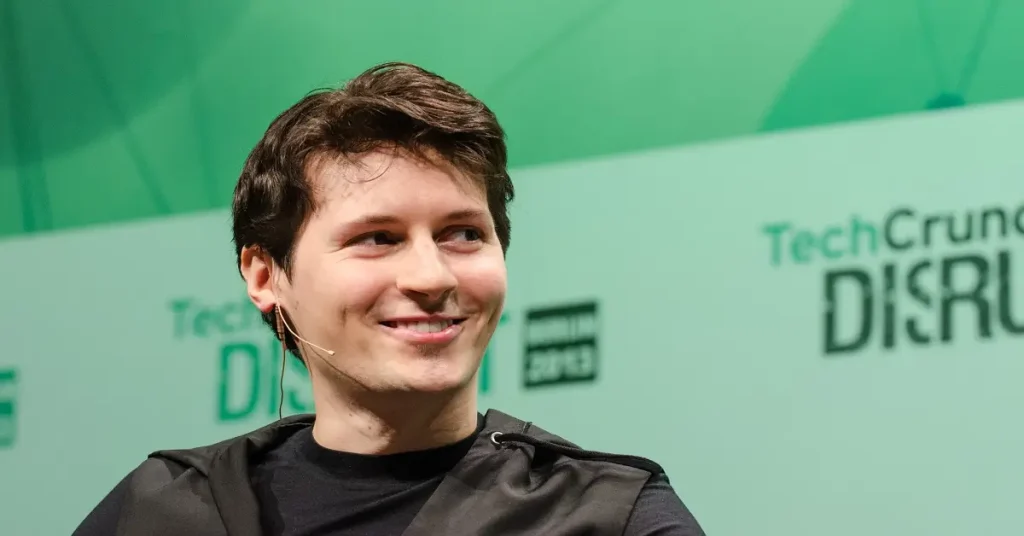What happens when a billionaire tech mogul fathers over a hundred children—and pledges to split his entire $17 billion fortune among them? In a stunning revelation, Telegram founder Pavel Durov has outlined a bold inheritance plan for his 106 children, blurring the lines between biology, legacy, and modern parenthood.
Pavel Durov, the enigmatic billionaire founder of Telegram, has once again captured global attention—not for a new feature in his app, but for the unconventional legacy he plans to leave behind. In a rare and lengthy interview with Le Point, Durov revealed that he has fathered 106 children and plans to leave his entire $17 billion fortune to them.
A Legacy Beyond Convention
Durov, often dubbed the “Mark Zuckerberg of Russia,” said he sees no distinction between his six biological children and the 100+ others born via sperm donation. “They are all my children and will all have the same rights,” he stated. This radical transparency is in line with Durov’s reputation for breaking norms—whether by defying governments on censorship or pioneering privacy-first tech.
Equal Inheritance for All
In his will, Durov has declared that every one of his 106 children will inherit an equal share of his fortune. However, there’s a catch: they won’t have access to the money for another 30 years, until June 2055. This stipulation is meant to ensure the children grow up independently, learn to build lives of their own, and avoid being shaped solely by privilege.
“I don’t want my kids to become trust fund dependents. I want them to earn their own way in life, develop creativity, and take responsibility,” Durov explained.
Why 106?
The story behind the number is as surprising as the will itself. Durov first donated sperm about 15 years ago to help a close friend. Over time, he expanded this practice to multiple countries. Today, he has fathered children across 12 nations through donation programs—adding up to over 100 descendants. This aspect of his legacy reveals his belief in decentralization, even in reproduction.
Preparing for Uncertain Futures
At only 40 years old, Durov said he felt compelled to create a will due to his high-risk public position. “When you’re in opposition to powerful governments and large corporations, you never know what may happen,” he said, citing past legal battles and efforts by state actors to undermine Telegram.
His fears are not unfounded. Telegram’s commitment to privacy has led to conflicts with Russia, Iran, and other countries. By putting legal and financial safeguards in place, Durov aims to protect not just his company—but also his extended family.
A New Model of Parenthood?
Critics might view Durov’s choices as eccentric or even ethically complex, but others see him as redefining what it means to leave a legacy in the 21st century. In an age when billionaires explore space and immortality, Durov’s bet is on human potential.
He isn’t just spreading his genes—he’s investing in a new generation raised on independence, anonymity, and purpose.
Conclusion
Pavel Durov’s 106-child legacy is more than a headline-grabbing statistic. It’s a window into the mindset of one of tech’s most iconoclastic figures—who refuses to play by the rules of society, law, or even biology. Whether this plan will succeed in cultivating a generation of innovative heirs or spark future legal chaos remains to be seen. One thing is certain: Durov’s future is already deeply entangled with the next century.
